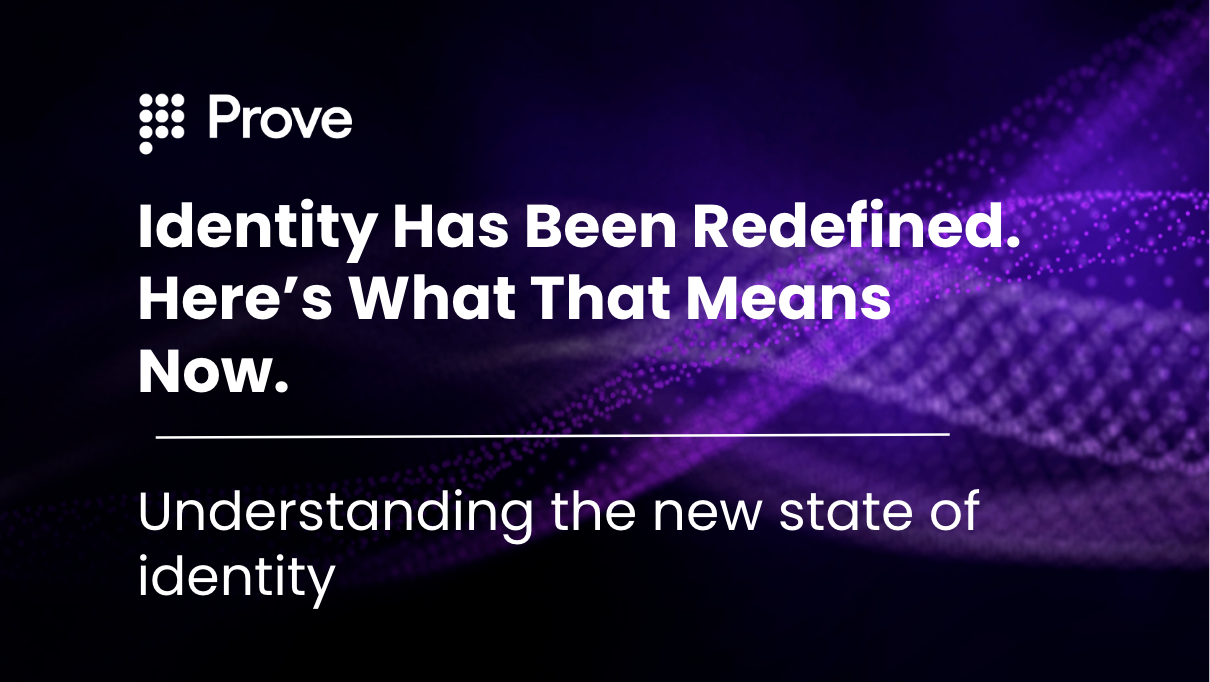Securing Crypto Businesses Using Trust Score™

Crypto has had its good, bad, and ugly days. Cryptocurrency—as the name suggests—focused on payments/currency/money movement from the very beginning (Bitcoin Whitepaper and initial years). Issues such as volatility and not finding actual use cases at scale had limited cryptocurrencies to the fringes of cyberspace. However, the increase in the price changed non-believers into believers. From bitcoin to the Ethereum blockchain being launched six years ago and then DeFi bringing new use cases to the blockchain ecosystem—a host of factors contributed to the increased value of cryptocurrencies and brought new investors that see cryptocurrencies as digital gold.
With all the new money flowing into the ecosystem and cryptocurrencies being valued highly, there has been an increasing number of scams in the ecosystem, resulting in loss of money and reputation for exchanges and the cryptocurrency ecosystem. E.g., a cryptocurrency exchange in New Zealand had to be liquidated after it failed to put in the proper verification process and, in turn, got hacked, resulting in a loss of $30 million.
The number of hacks has been increasing significantly since 2018. As per SlowMist Hacked, the number of hacks on wallets, exchanges, Ethereum, other blockchain protocols, and Dapps (ETH, EOS, and Tron) increased by 1130% since 2017; there were only 10 hacks in 2017, while 2021 has already seen 38 hacks. Furthermore, the total amount stolen by blockchain hackers is about $14.616 billion.

Due to their nature, digital assets remain viable targets for cybercriminals as fraudulent transactions cannot be reversed; conversely, transactions that take place in the traditional financial system can be reversed. As the digital currencies market enters its age of renaissance—with most of the projects hitting their all-time high, constant talk about it on media, and market capitalization hitting over $2 trillion—it can be said with certainty that hackers would target many new customers in the cryptocurrency market by the end of the year. Cryptocurrency hackers use techniques such as SIM swaps. E.g., 75 identities were stolen through SIM swap resulting in the loss of $1 million in cryptocurrency. Some hackers also deployed social engineering techniques that resulted in the loss of investors’ digital assets. E.g., the Twitter accounts of Barack Obama, Joe Biden, Elon Musk, Kim Kardashian, and Apple were taken over, and bitcoin scam links were posted through their handles. However, with the right tools, these kinds of hacks could be deflected.
From a business point of view, it is imperative to validate users who have stored their cryptocurrencies on exchanges and crypto-related companies. Therefore, the responsibility of ensuring authentication is pushed to crypto firms. In addition to foolproof authentication, these firms have to deliver a frictionless customer experience. Instead of relying on private keys to access accounts/wallets, crypto businesses use various customer onboarding processes. E.g., some exchanges ask to send a text with an SMS code, while others request an email and ask identity-related questions. But this information can be easily accessed by a scammer through a basic search. Exchanges have also deployed 2FA to prevent unauthorized login, but these processes are susceptible to fraud. However, all these processes can be checked with a robust authentication process that ensures the customer who possesses and owns the wallet is the one who is accessing it.
One way businesses can deploy a robust authentication process is by using a mobile phone, a device commonly used by consumers. A mobile phone number is often a reliable person identifier as most consumers have had their phone numbers for many years. Therefore, when authenticating a consumer using their phone, it is vital to associate that phone number to the consumer and assess whether a bad actor may have taken over the phone number.
Secure Your Crypto Business
Prove’s Possession, Reputation, and Ownership Model™ not only addresses concerns around possession but also assesses the real-time reputation of the phone (tenure and behavior) and the ownership of the phone number.
Prove’s Trust Score™, a unique real-time measure of phone number reputation, aims to trump fraudsters by leveraging identity verification and authentication purposes. Here is a real-life example of how the Trust Score is being used today by a leading cryptocurrency exchange.
Trust Score analyzes behavioral and Phone-Centric Identity™ signals from authoritative sources at the time of a potential transaction. As a result, it mitigates fraud, such as SIM swaps and other account takeover schemes. In addition to securing mobile payments, Trust Score can be used in scenarios such as digital onboarding, digital servicing, and existing customer authentication. With Trust Score, businesses can ensure latency of <1 second, thus creating a better customer payment experience that is fast and secure.
To know more about Prove, click here.
Get in touch

Keep reading
 Read the article: Prove’s State of Identity Report Highlights the New Rules of Digital Trust
Read the article: Prove’s State of Identity Report Highlights the New Rules of Digital TrustProve’s State of Identity Report explores why traditional point-in-time verification is failing and how businesses can transition to a continuous, persistent identity model to reduce fraud and improve user experience.
 Read the article: The Super Bowl Highlights the Scale of Fraud in Online Sports Gaming
Read the article: The Super Bowl Highlights the Scale of Fraud in Online Sports GamingLearn how advanced identity verification helps sports betting operators combat fraud, deepfakes, and AI-driven threats.
 Read the article: Identity Has Been Redefined. Here’s What That Means Now.
Read the article: Identity Has Been Redefined. Here’s What That Means Now.In an era of deepfakes and automated fraud, traditional one-time identity verification is no longer enough. Learn why organizations must transition to continuous, adaptive identity systems to ensure security without sacrificing seamless user growth.













